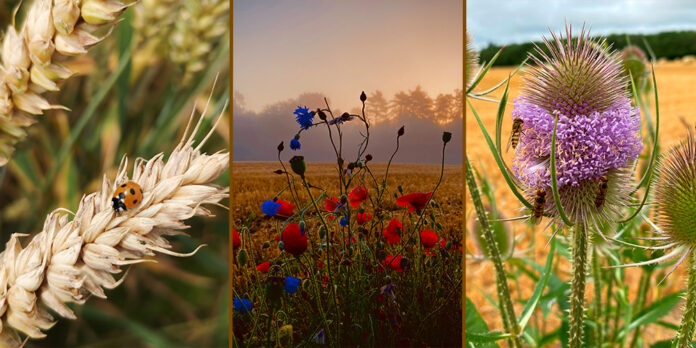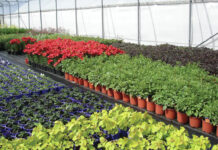Teagasc and Tillage Industry Ireland have launched a photo competition to highlight the contribution of the Irish tillage sector to biodiversity in our countryside. Biodiversity has always been important but its importance is increasingly being recognised, not least because of the contribution it makes to healthy and functioning ecosystems.
To enter, all you have to do is take a photo that demonstrates any of the huge range of biodiversity that can be found on a tillage farm at this time of year, and submit it at www.teagasc.ie/tillagephotocomp . When you do this, you will be in with a chance of winning the overall prize of a €250 One4All voucher, or €150 and €100 for the first and second runner up. The competition closes at midnight on Monday, 9th May 2022.
John Spink, Head of the Teagasc Crops, Environment and Land Use Programme said; “Irish tillage farmers are rightly proud of the crops they produce with some of the highest cereal yields in the world. Our small field sizes mean our crops are surrounded by a greater density of habitats, such as hedgerows and field margins, compared to many countries with more intensive tillage production. Additionally, although tillage farming in Ireland uses a relatively small proportion of our land area, it is particularly important for a number of arable specialist species, not least the yellowhammer.”
The chair of Tillage Industry Ireland, Andy Doyle, said; “Irish Tillage farmers can rightly be proud of the biodiversity that their farming businesses bring to our countryside through the diversity of the habitats that crops provide and the ecosystems sustained through rotations. We are proud to help showcase what tillage brings to biodiversity and encourage farmers to do the same by participating in this photo competition.”
Daire Ó hUallacháin, Researcher in Ecology and Water Quality, Teagasc, said; “On average, 7% of an Irish tillage farm consists of wildlife habitats, thus tillage farmers can play a key role in helping to halt the decline in biodiversity. The retention, and appropriate management, of these multi-functional habitats is particularly important for some of our threatened farmland species.”
Find out more on the Teagasc website here.










